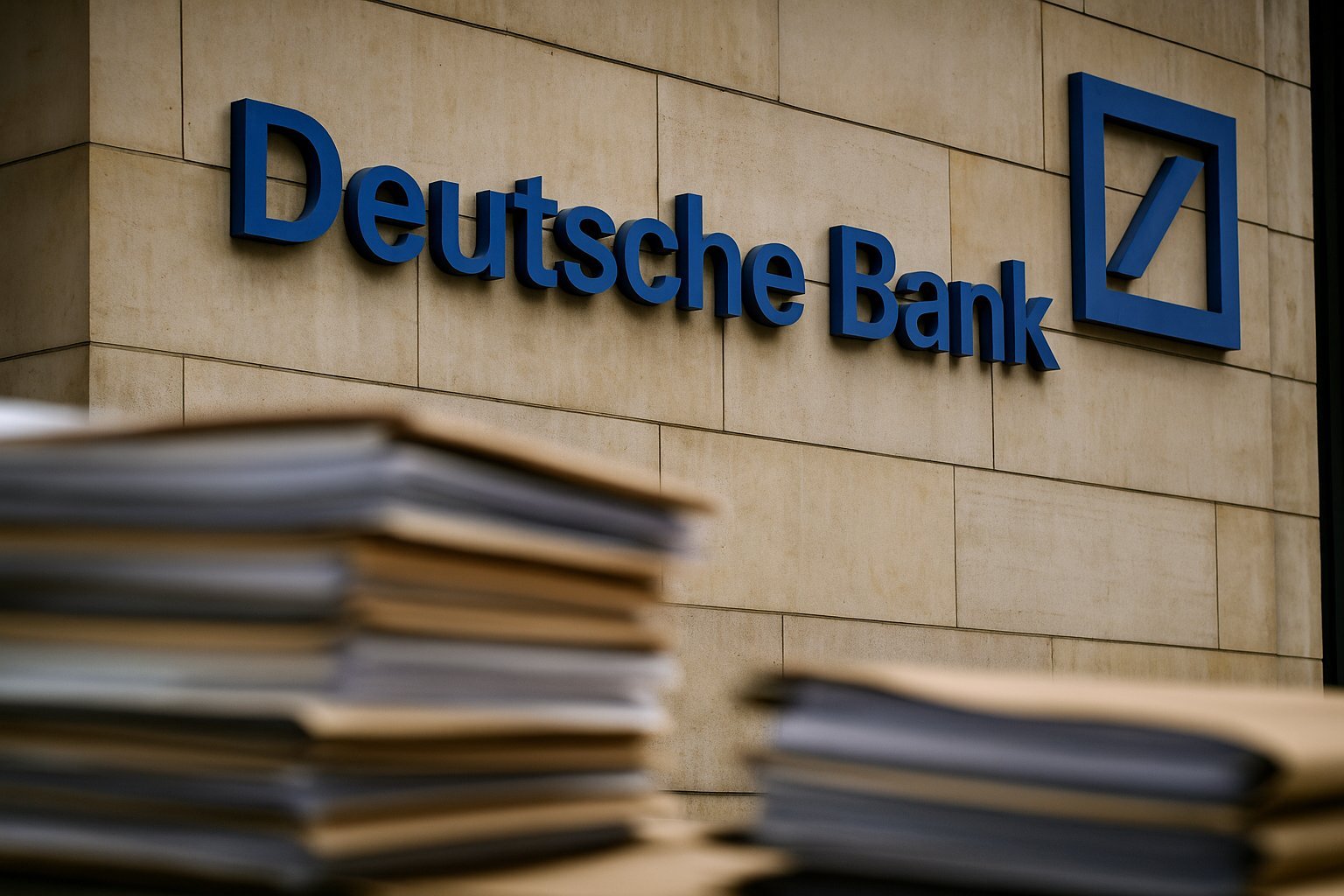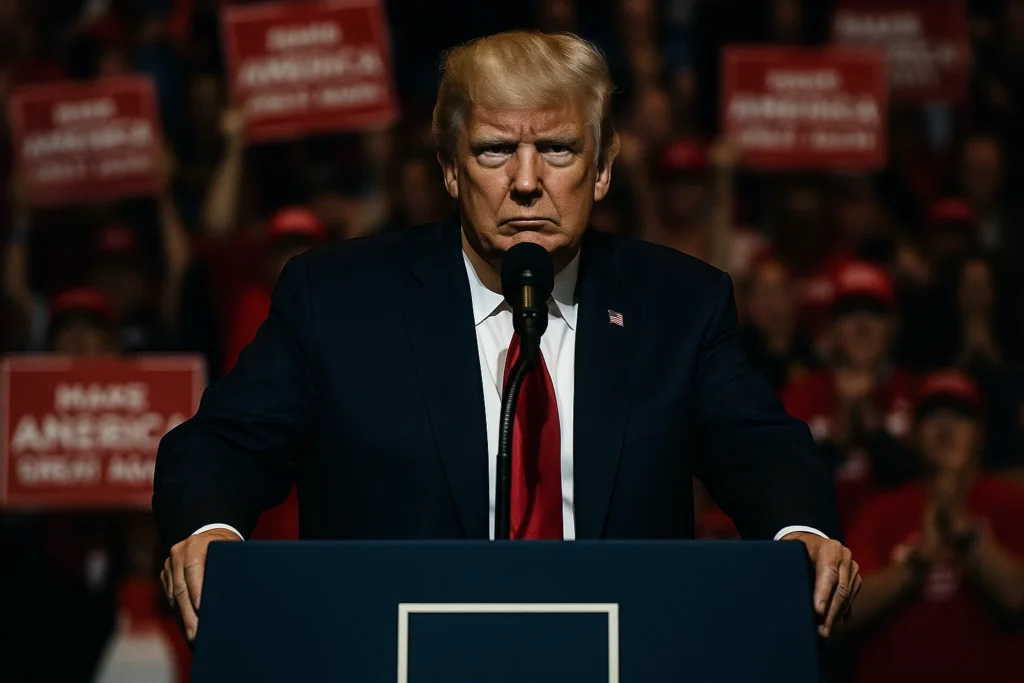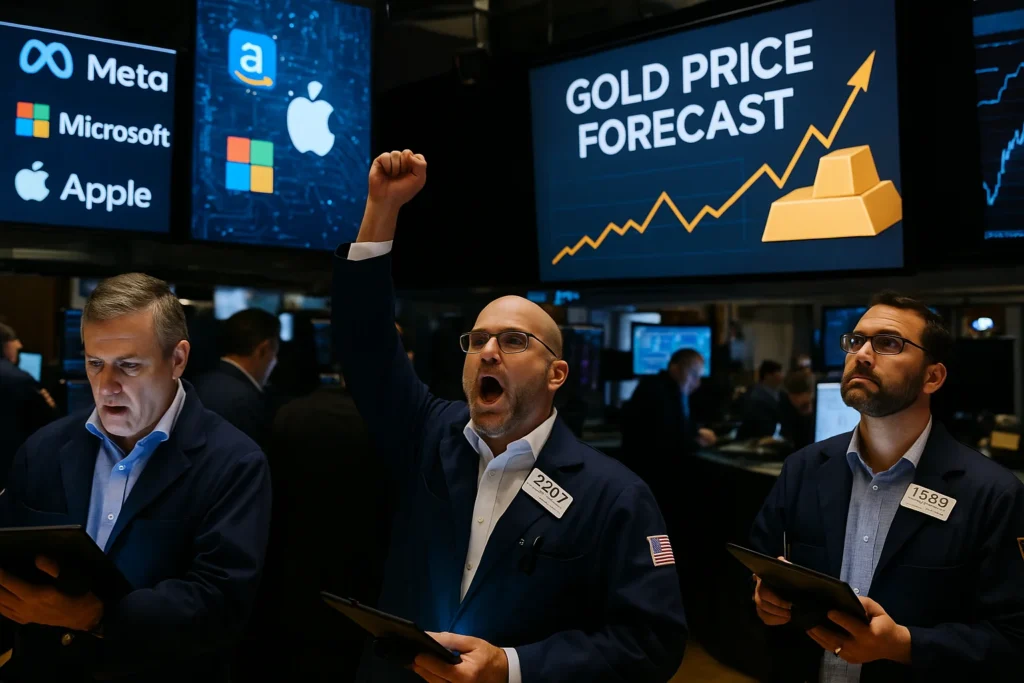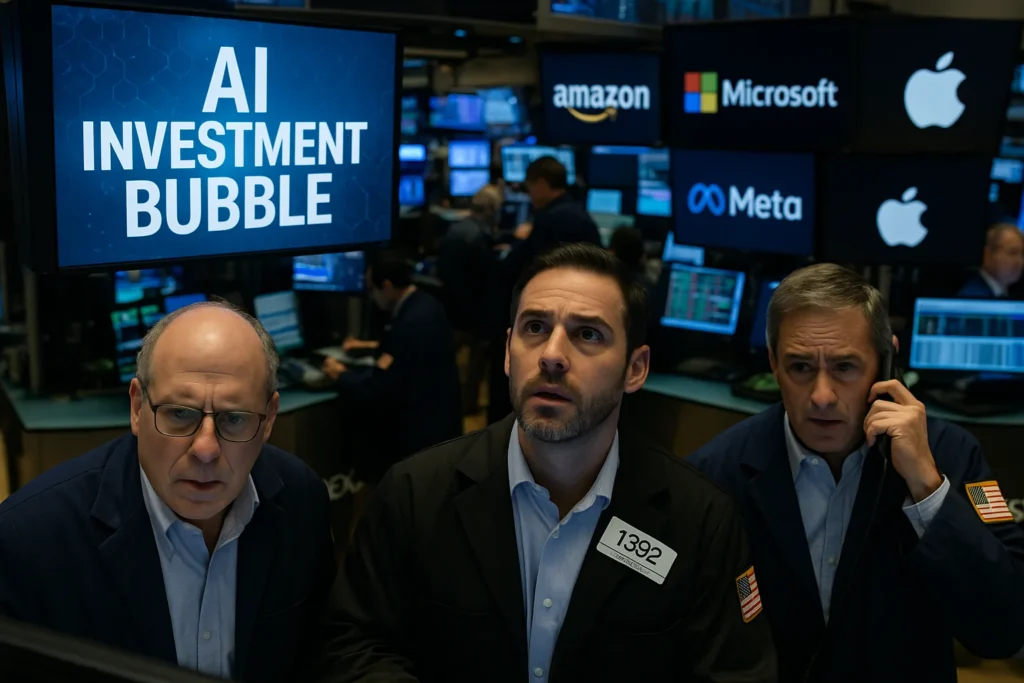The Deutsche Bank derivatives scandal has resurfaced, and it reminds us of a rotten truth: finance never learns, it only recycles its sins. The current scrutiny of Deutsche Bank’s chief executive over trades made more than a decade ago is framed as accountability. In reality, it exposes how deeply systemic corruption is buried in global banking.
Context: The Official Story
Reuters reports that Deutsche Bank’s leadership is under renewed investigation over the bank’s role in highly risky derivatives trading from the 2000s. These trades once pushed the bank to the brink during the 2008 crisis and have haunted its reputation ever since.
Mainstream coverage tells a familiar story. Regulators “revisit” cases. Executives “face questions.” But no one truly pays. Shareholders suffer, employees are cut, but the architects of these financial time bombs retire with fortunes intact.
Why the Mainstream Narrative Fails
We are told this is about justice, about making banks accountable. Yet it is déjà vu. Regulators appear to move, but the machinery of finance absorbs every scandal without consequence. Why? Because the system depends on these very institutions to keep global liquidity flowing.
Deutsche Bank is not being held accountable; it is being protected. Politicians posture for headlines, but none dare push too far—because one fallen giant could destabilize Europe’s entire financial system. The scandal is acknowledged, but punishment is performative.
Analytical Breakdown: How Derivatives Poisoned the System
The derivatives market is a trillion-dollar casino. Banks like Deutsche piled into synthetic CDOs, credit default swaps, and opaque contracts they barely understood. In the 2000s, these bets were sold as sophisticated hedges. In truth, they were financial weapons of mass destruction.
The logic is simple: short-term profit, long-term catastrophe. Executives pocket bonuses while taxpayers clean up the mess when it implodes. This cycle repeated in 2008, in the Eurozone debt crisis, and now again as investigations surface.
And yet, here we are in 2025, still pretending that uncovering trades from 15 years ago is reform. Where were the regulators when the trades happened? Why do they only arrive after the damage is irreversible?
The Human Cost: Beyond the Numbers
For ordinary people, the Deutsche Bank derivatives scandal is not just about balance sheets. It is about lost homes, destroyed pensions, austerity, and unemployment. In Germany, the 2008 fallout led to waves of taxpayer-funded bailouts and budget cuts. Across Europe, it fueled resentment that still shapes politics today.
Meanwhile, executives insulated themselves. They offloaded risk onto shadow entities, used complex structures to obscure accountability, and cashed in on bonuses tied to short-term growth. When the bubble burst, the bankers kept their wealth while the public bore the pain.
Counterarguments and Rebuttals
Defenders say banks like Deutsche were “too big to fail.” Punishing them too harshly would destabilize global markets. But this logic creates permanent impunity. If an institution cannot be punished, then it is above the law.
Others argue that new regulations, like Basel III, solved the problem. Yet shadow banking still thrives, derivatives are larger than ever, and the same banks continue to dominate the system. Rules without enforcement are decoration, not protection.
Political and Economic Implications
This scandal’s revival is not accidental. It emerges as Europe faces stagnation, inflation pressures, and fragile recovery. Politicians use Deutsche Bank as a scapegoat, pretending that by probing old ghosts they are safeguarding the future. In truth, nothing has changed.
Markets still run on opaque instruments. Central banks still fear what happens if Deutsche Bank collapses. And ordinary citizens still carry the risks without sharing the rewards.
Conclusion: My Judgment
The Deutsche Bank derivatives scandal is not just an old story resurfacing—it is proof that the financial system never heals. Banks gamble, regulators arrive late, the public pays, and the cycle repeats.
This is not accountability; it is theatre. Until executives face real prison time, until institutions lose their licenses, until finance is forced to serve society instead of preying on it, scandals like this will remain permanent features of our economy.
Deutsche Bank is not an exception. It is the rule. And that should terrify anyone who still believes finance is safe.
External links:
134 views






